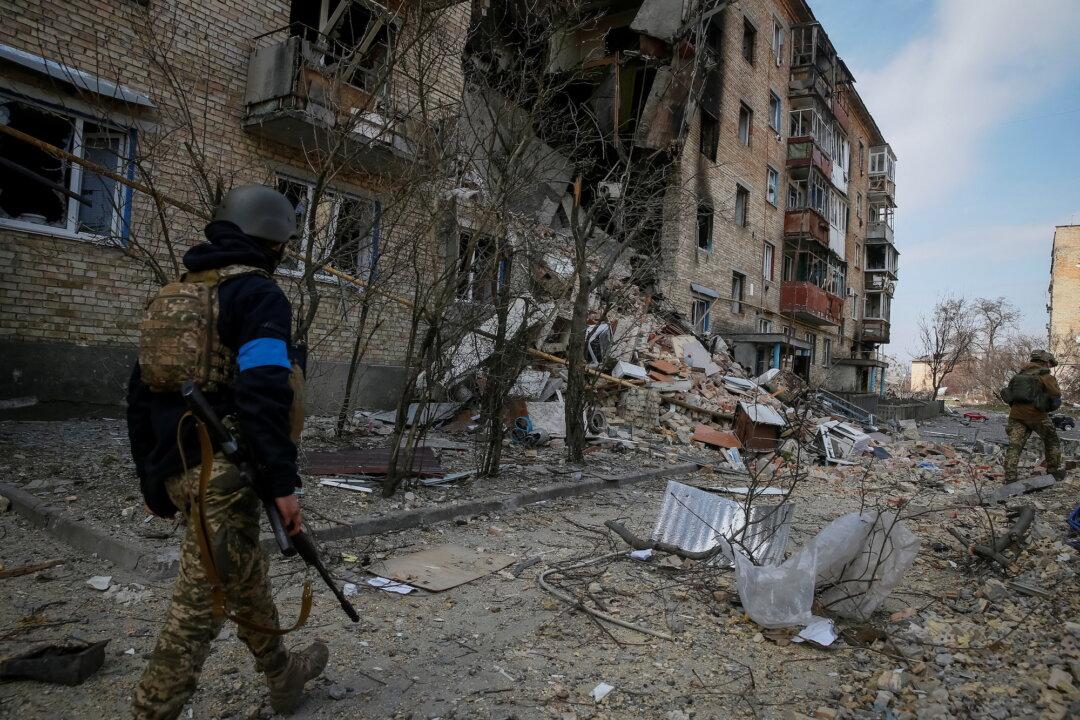Ukraine’s recent proposal for NATO-style security guarantees, in which guarantor countries would commit to military intervention if Ukraine is attacked, has so far been met with little enthusiasm and few details.
Germany said it’s willing to provide some form of security guarantees but stopped short of committing to military intervention, while the White House said it’s in “constant discussions” with Ukraine on ensuring the country remains “sovereign and secure,” but it, too, has not made any military intervention pledge.





